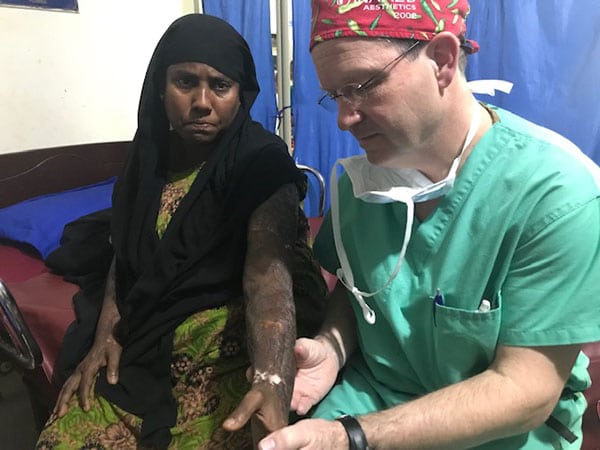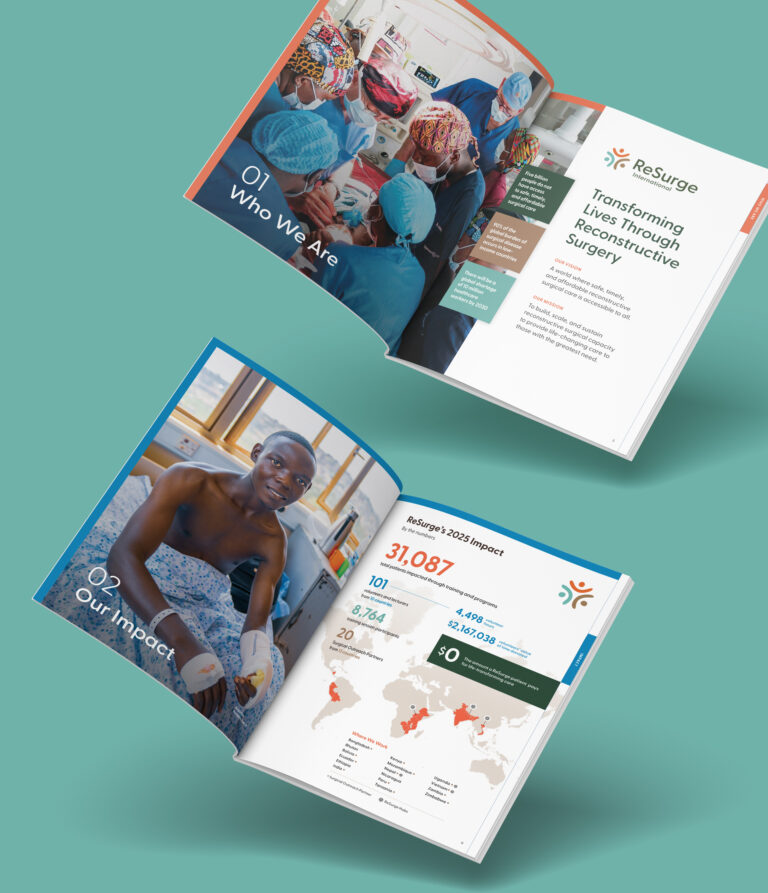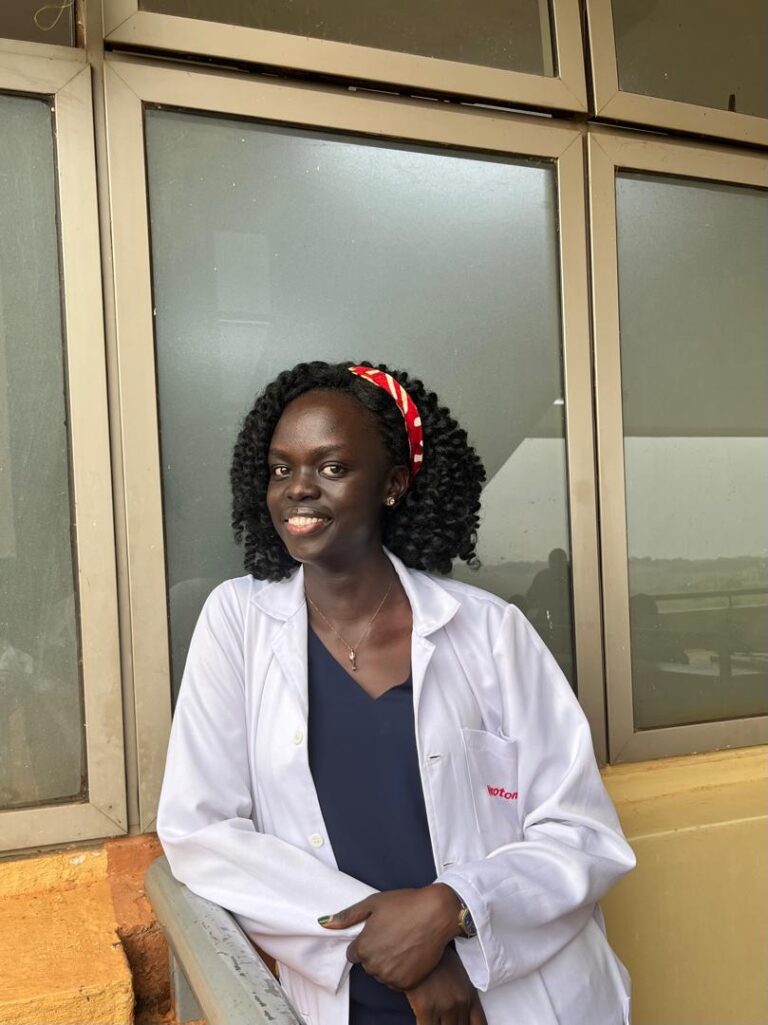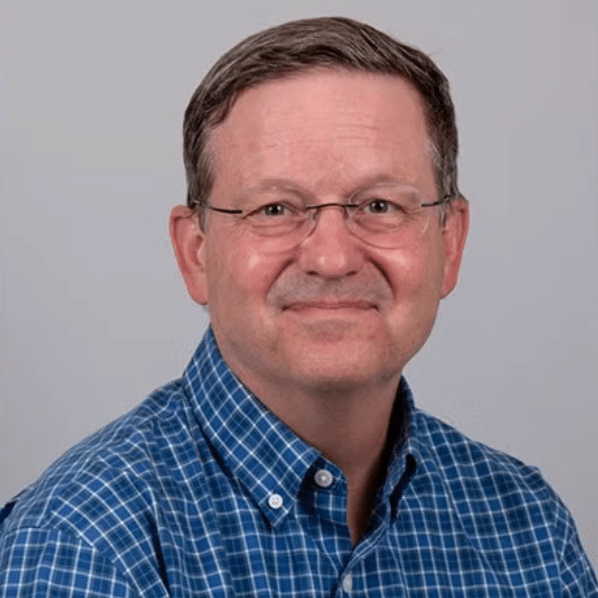Earlier this month, a ReSurge surgical mission trip visited Cox’s Bazaar, Bangladesh, where we treated Razia, a Rohingya refugee from Myanmar. The Rohingya are an ethnic minority with their own language and culture. Myanmar, a predominantly Buddhist country, denies citizenship to the Muslim Rohingya and refused to count them in the 2014 census.
Razia was 38 years old when the Myanmar military burned her village, setting fire to her home in the middle of the night. Beginning In 2017, during clashes between Rohingya militants and the military, troops have burned villages and attacked and killed civilians.
Razia’s three children, an 18-year old son and two daughters aged 14 and 11, managed to escape the blaze unscathed. Razia was not so lucky. By the time she realized the house was burning, the roof fell in, severely burning Razia’s right arm, back and shoulder.
The family was living in Kimeching Village in Myanmar at the time of the fire. After Razia was injured, her children put her in a boat for the hour-long journey to the Bangladesh border, hoping to find help for their mother. Rohingya fleeing persecution in Myanmar have created a refugee crisis in the Bangladesh district of Cox’s Bazaar, where the influx of nearly 1 million refugees represents a 43% increase in the district population.
On arrival in Bangladesh, Hope was exactly what Razia found, in the form of Hope Hospital. After the family registered in a refugee camp near the border, a camp official realized how badly burnt Razia was and sent her immediately for treatment. Razia had her initial surgery at Hope, where they were able to stabilize her and provide minimal surgical care for her injuries.
We met Razia this month when she returned to Hope Hospital, having heard about the ReSurge surgical mission trip. Razia hoped to get the use of her arm back, especially her wrists. According to Razia, the burns had stiffened her arm, making it feel heavy and much harder to work with.
Razia came to the hospital from the Rohingya refugee camp, where she and her husband have lived since the fire that left her so badly scarred. They remain at the camp because they feel is it a safe place where food is provided and their children can attend school. And she also needs the help.
“I don’t have the heart to think about the future,” Razia told us when we met her this month. “It is enough for me to know my children are safe.”
Thanks to the ReSurge volunteers’ commitment to treating not only local people, but the refugees, Razia was able to receive surgery that released her contractures, providing her with even more hope for her future and the future of her family.





